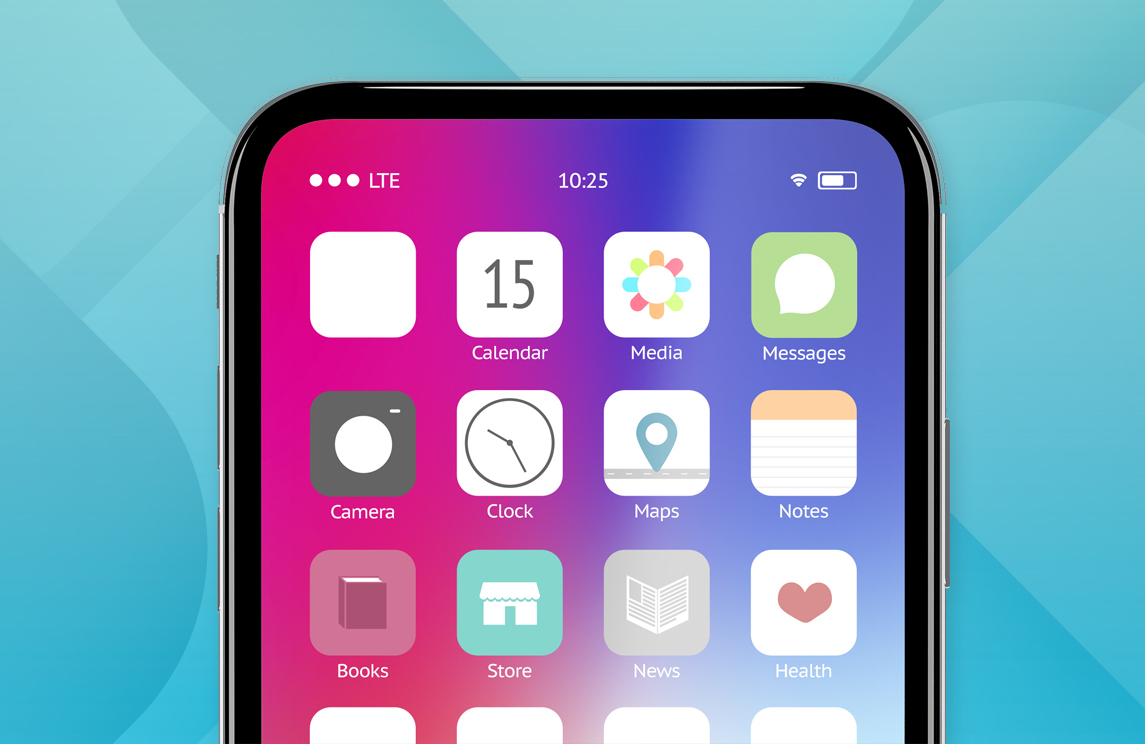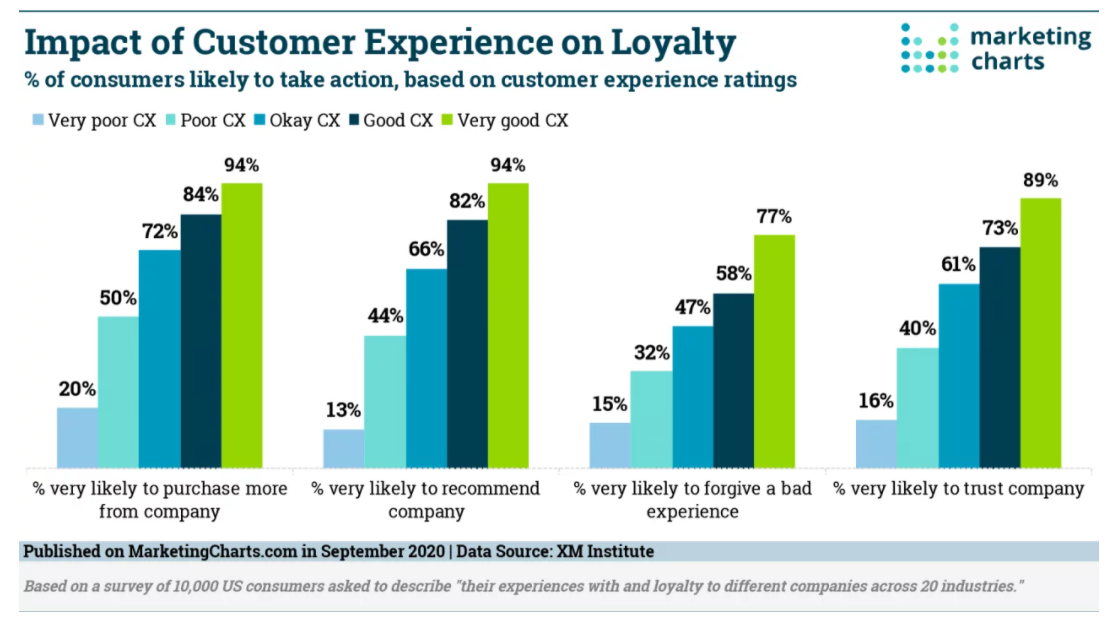Convenience: There’s a Mobile App for That

MOBILE-MINDED CUSTOMERS
There’s a 98% chance (maybe higher) that your smartphone is currently within arms reach of where you are sitting. It’s part of today’s culture – we’re always connected, always available and almost always on our mobile phone. Smartphones today make us painfully aware of how often we’re on our phones each week in the form of a nice weekly average usage report. The average number is always higher than we want it to be, but it’s never really a surprise. And there’s data to confirm those high averages. A recent report from Comscore found that eight in 10 digital minutes were spent on a mobile device in 2020, a 1% increase from the previous year. And 88% of that time is spent on apps. App Annie found that between February 2020 and April 2020, combined downloads of apps and games across iOS and Google Play store went from 9.1 billion to 12 billion.
TRENDING UP
Social and entertainment apps aren’t the only categories seeing an increase in usage. On-demand apps like food delivery, fitness classes and doctor visits continue to grow in popularity. And shopping via mobile app has grown to a point that it now has its own term – m-commerce. This is different from e-commerce, classified as shopping online on a computer. M-commerce sales are projected to reach $3.56 trillion in 2021, which is 22.3% more than the $2.91 trillion it registered in 2020.
ANGI HAS AN APP
Convenience is key to brand loyalty as customers have become accustomed to using mobile apps to improve their everyday life. And companies are acting on this trend. Angie’s List, the home services and repair database, has recently rebranded as Angi and is making its mobile app a more central part of its customer experience. The redesigned Angi app includes the ability to buy pre-priced jobs, directly pay service providers and choose from financing options, along with its database of contractors.
“Today, our homeowners want so much more than a list,” said Oisin Hanrahan, chief executive of Angi. “The Angi mobile app, in particular, is so much more than that. It’s a way to figure out how to get your home to be a place that you really enjoy.”
DOES YOUR BUSINESS NEED A MOBILE APP?
It’s clear the mobile app trend isn’t going away anytime soon. So the question remains – would your customers benefit from a mobile app? In order to answer that question, let’s walk through the framework for creating your mobile app.
DEFINE YOUR GOAL
It’s important to have a clearly defined goal for a mobile app. A successful app should serve a specific purpose that enhances your customer experience.
AWARENESS
If your only goal is to introduce your brand, products or services you’re better off with a responsive website. A responsive website responds to the environment it is in, meaning it looks good on all devices. It is accessible to everyone with an internet connection on any device – mobile or desktop. More screen real estate allows you to create custom layouts for all manner of content – videos, photo galleries, long-form text, infographics to help with brand awareness and announcing new products or services. And website management and content management are easy to maintain.
So, awareness = responsive website.
EXPERIENCE
If your goal is to provide customers with a customized experience to complete a task, something different than what is offered on your website, then a mobile app is the solution. When deciding what the customized experience your app should provide, think about the specific features and functions that are most relevant and useful for your customer. The idea doesn’t have to be profoundly new or difficult, just something your customers are already doing that could be made more convenient. Think about how that activity can leverage native device features such as GPS, photos, camera, microphone or push notifications to enhance the experience. For example, a weight loss app may allow you to upload before and after photos from your camera or set reminder notifications to log meals.
Another pro for a mobile app is the ability to work offline. While there may be some features that require an internet connection, many of them do not. For example, the Netflix and Spotify apps allow you to download content and watch/listen offline.
Developer Tip: Don’t try to recreate your responsive website in a mobile app. Minimalism, microanimations and AR/VR are at the heart of mobile app design. Your 1,000 word blog post may not translate well on a mobile app.
So, customized experience = mobile app.
CUSTOMER EXPERIENCE
Customer experience (CX) has become a top priority for businesses. A 2020 study done by XM Institute identified a link between the quality of customers’ experiences and their likelihood to continue purchasing from the company, recommend the company, trust the company and forgive the company after a bad experience, displayed in the graph below.

UNDERSTAND YOUR USERS
Before deciding what your mobile app should do, think of your largest customer segment. Who makes up that segment and how has it changed over time? What do they say about their experiences with you? Are they ‘wishing’ they could complete certain activities without having to contact you or in an easier way?
Once you have identified a possible function for your mobile app, it’s helpful to sketch up a quick user journey to make sure your mobile app idea and target customer segment fit together.
BUDGET
Mobile app development is best left to the professionals, and requires the proper budget. Mobile app development costs more than website development. But when developed by a skilled company, a mobile app provides a personalized, unique customer experience that will ultimately lead to higher engagement and happier customers. 86% of buyers in this 2020 Walker study said they would pay more for a better experience. So if you’re having a hard time finding the funding, try reallocating funds from something like direct mail campaigns to the mobile app development.
DIGITAL DECISION
Now that we’ve walked through some of the key deciding factors for a mobile app, you should have a pretty good idea of whether or not an app is right for your company and your customers. A quality mobile app can meet your audience where they are, on their mobile device, and increase their customer experience, ultimately increasing their happiness with your brand. And whether that decision is yes or no on the app, a professional, responsive website is a must for every business.
Terrostar specializes in responsive website development and mobile app development. Visit our website to learn more about how we can build custom digital solutions that will enhance your digital presence.

